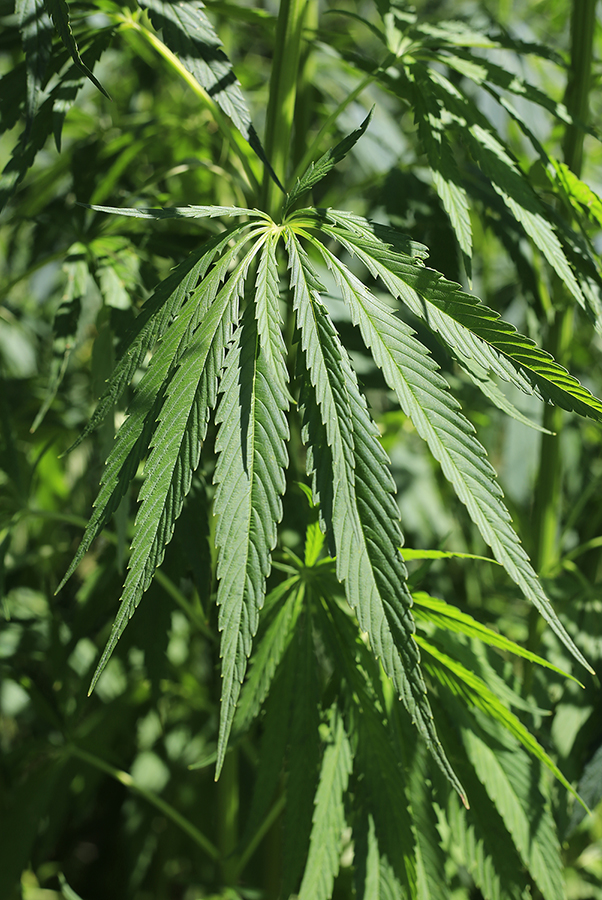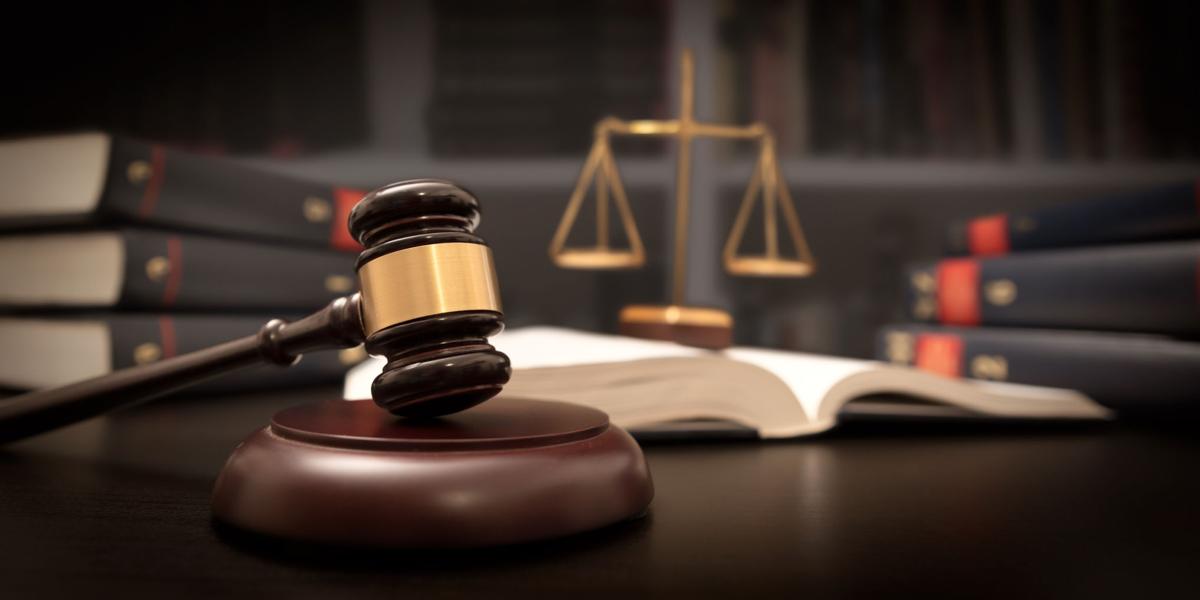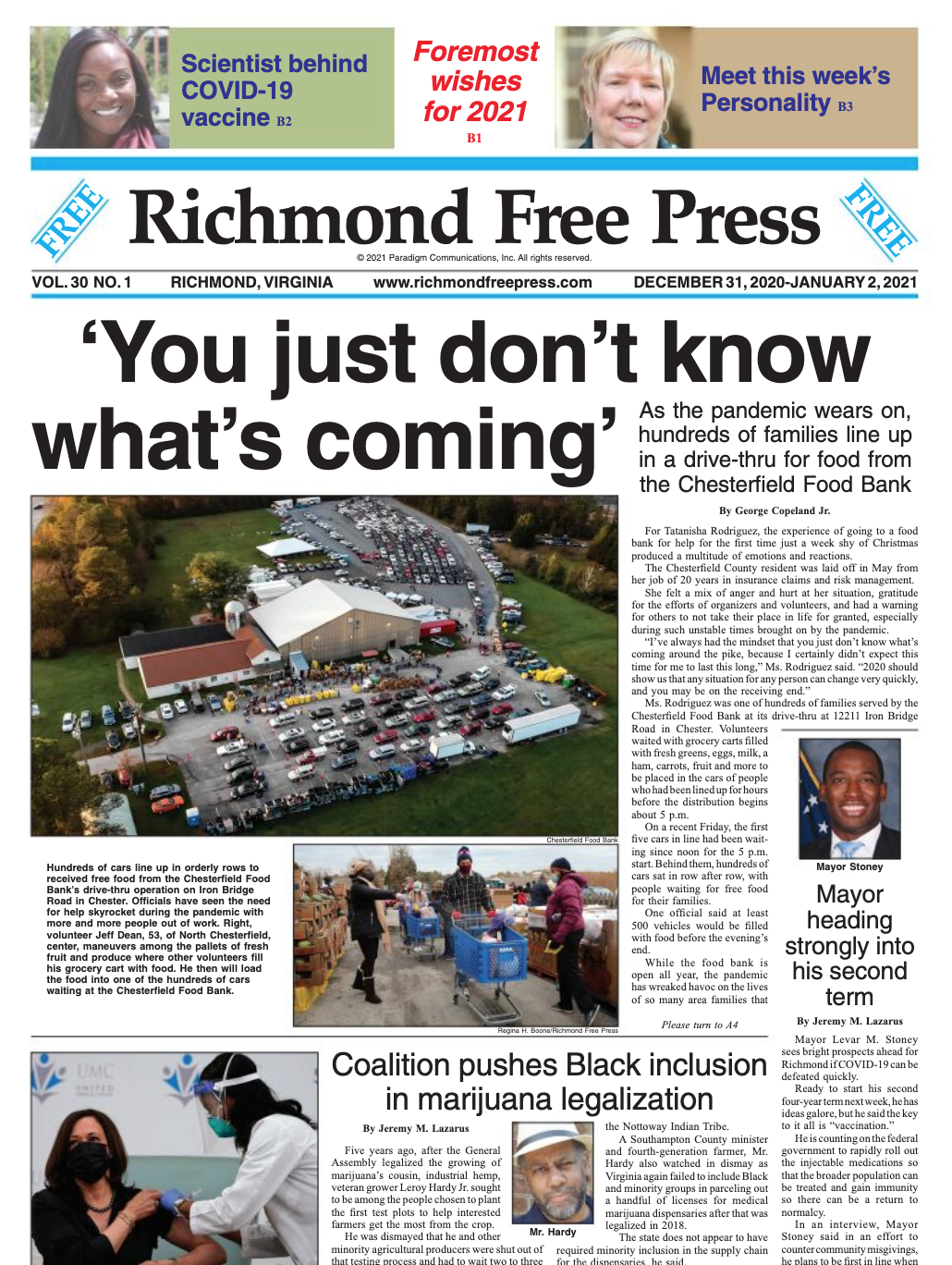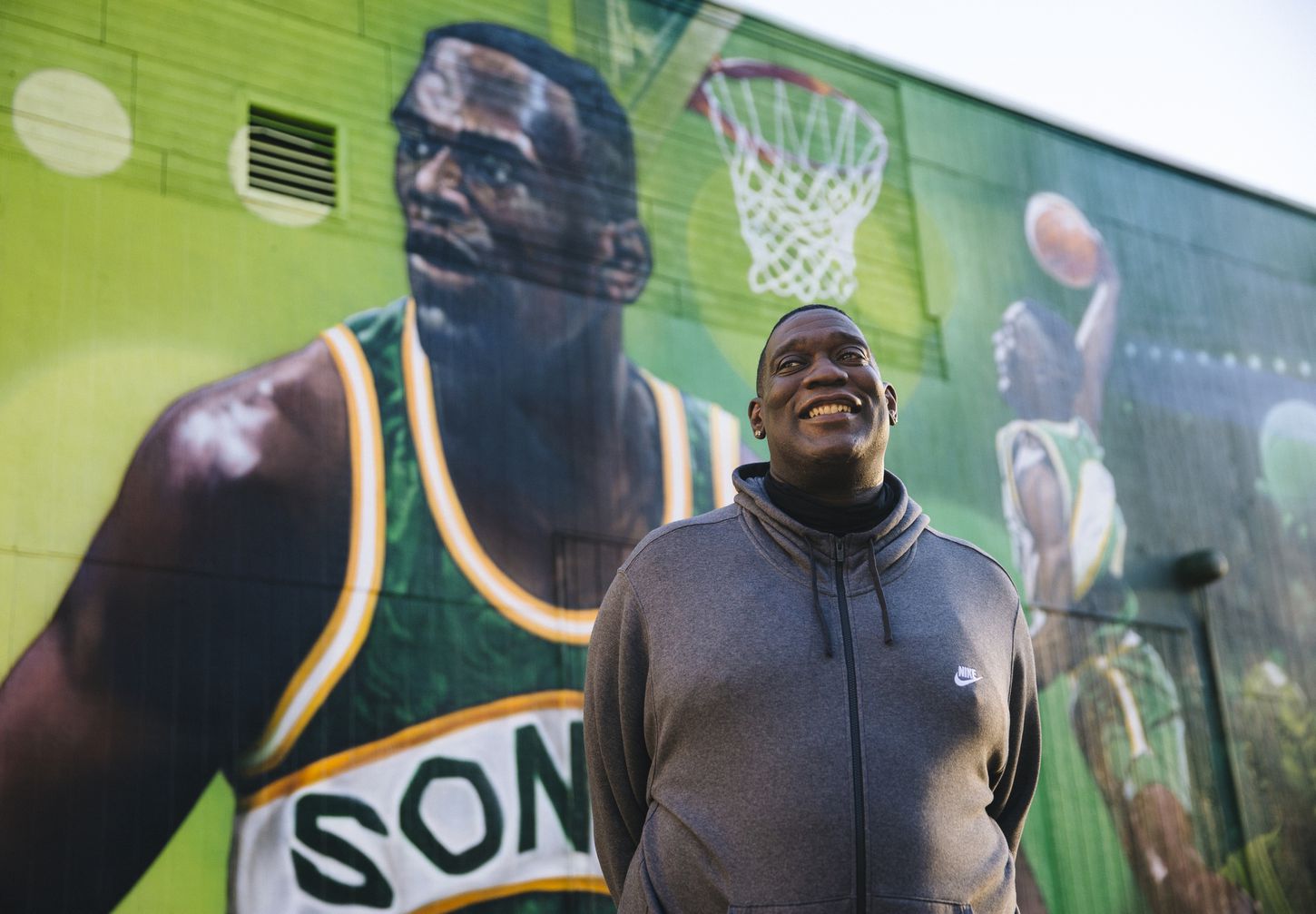Members of the House of Delegates expect it to pass.
In the Senate, they give it “slightly better than 50-50 odds.”
And Gov. Ralph Northam’s office says he’s “certainly open to it.”
Proposals to legalize recreational marijuana in Virginia are set to get their first serious hearings when the General Assembly convenes in January and, at least for now, it looks like there’s a decent chance they could succeed.
“It’s high time we actually make this change and I think other people have seen that as well,” said Del. Mike Mullen, D-Newport News, who chairs the House’s criminal law subcommittee and says he believes there are enough votes in the chamber to end the prohibition of the drug. “I can tell you I think it will pass.”
The movement in Virginia comes after voters in four states overwhelmingly approved referendums legalizing marijuana, bringing the total nationwide total to 15. If lawmakers in Virginia move forward, the state would become the first in the South to authorize the recreational use of the drug.
Virginia has been slowly loosening its stance on marijuana for years, first allowing medical use of CBD in 2017, expanding that to a full-fledged medical marijuana program by 2019 and, earlier this year, passing legislation that reduced the penalty for people caught with small amounts of the drug to a $25 civil fine.
But to date, no proposals to fully legalize and regulate adult use of the drug have made it to the floor of either chamber in the General Assembly despite rapidly shifting public opinion in favor of the measures.
The outcome was unsurprising when Republicans controlled the General Assembly, many of whom opposed efforts to expand access to the drug. But some Democrats eager to move past prohibition after winning majorities in the House and Senate last year were disappointed when their colleagues voted down their own legalization bills.
Democrats framed decriminalization — and now legalization — as an important step to end disparate enforcement of drug laws on Black Virginians, who have been prosecuted at significantly higher rates despite studies showing they use the drug at roughly the same rate as their White counterparts.
But Democratic leaders, including Northam, said last year that it would be irresponsible for the state to move straight to fully legalizing the drug without first studying how other states have approached the issue. To that end, lawmakers requested two studies reviewing potential regulatory models and tax schemes when they approved decriminalization in March.





